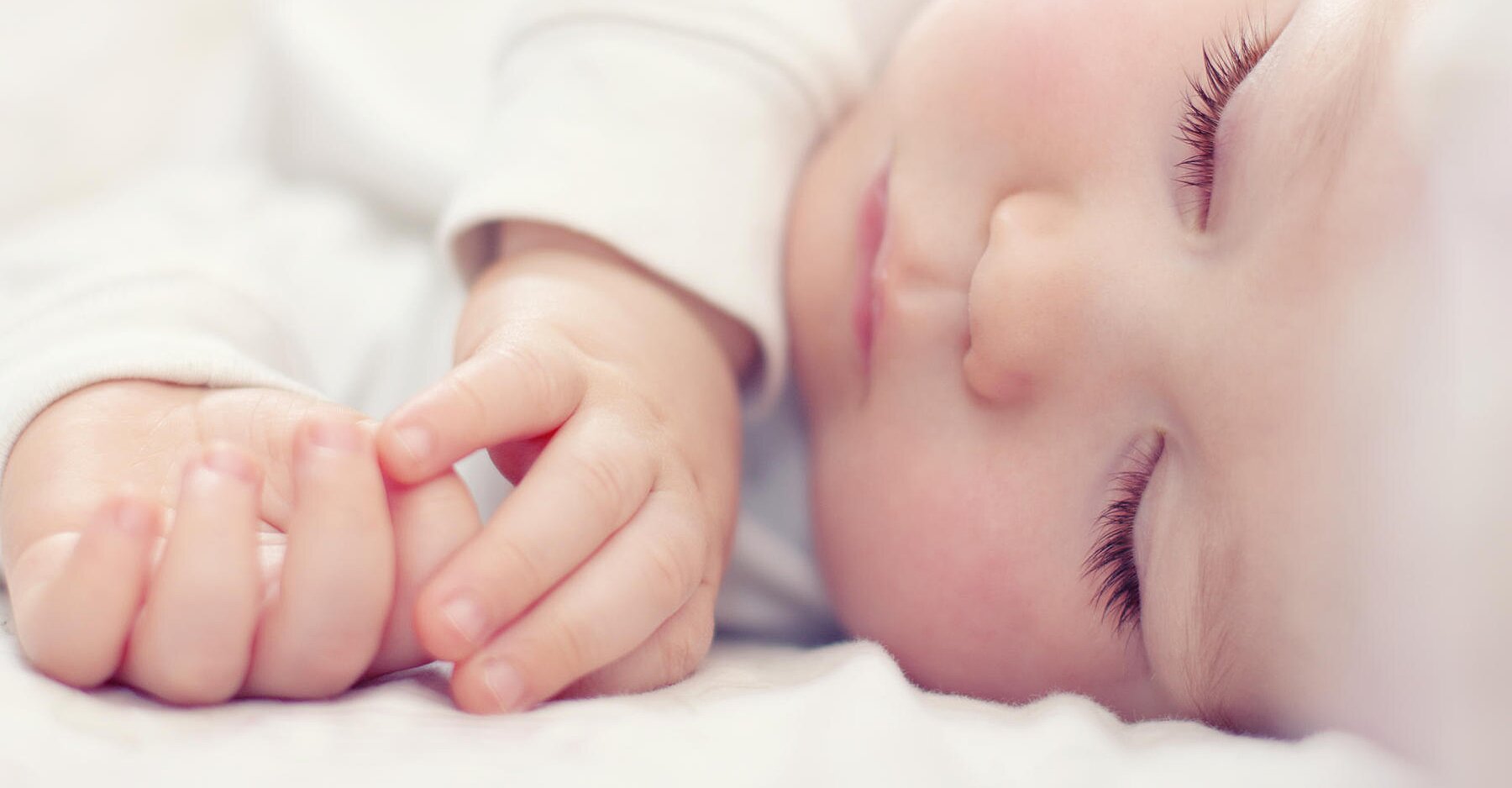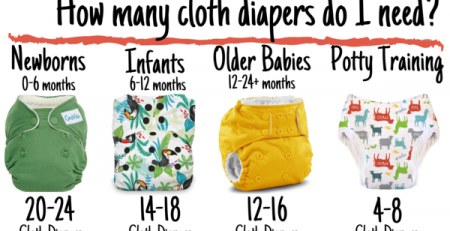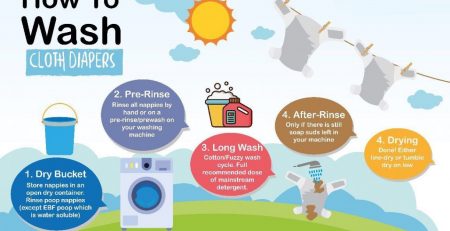11 Questions Every First-Time Parent Asks
Before my first child was born, I thought I was ready for any new-baby challenge. I’d read all the books, checked out parenting websites, and gotten loads of advice (some solicited, most not).
It turns out that when you’re totally sleep-deprived and gushing breast milk, even little challenges can throw you into a tailspin. I wondered why is his poop green? Is sterilizing the pacifier 20 times a day necessary? Am I holding him too much? Yet rather than quizzing the pediatrician at Jack’s wellness checkups, I smiled, nodded, and said everything was going great. Why? I figured my concerns were too trivial, too obvious, too stupid.
Only later did I learn that lots of other moms have the exact same questions. I wish I’d had these answers, from doctors, when I needed them.
#1 Do I really have to breastfeed for a whole year?
The American Academy of Pediatrics recommends nursing for 12 months, exclusively for the first six. “But a mom should stop breastfeeding if she realizes that she’s no longer enjoying it, even though it has myriad benefits,” says Erica Brody, M.D., director of pediatric breastfeeding medicine at the Icahn School of Medicine at Mount Sinai, in New York City. On the other hand, there’s no need to wean as soon as your child turns 1, if prolonged breastfeeding makes you both happy.
#2 Do I need to sterilize bottles and pacifiers after every single use?
In a perfect world, yes. “But since that’s not realistic for many parents, we recommend washing bottles with soap and water after every feeding, and sterilizing them overnight,” says pediatrician Esther Krych, M.D., editor of the Mayo Clinic Guide to Your Baby’s First Year. This kills the bacteria and viruses that caregivers can pass on to a baby. Keep in mind that frequent hand-washing and good hygiene are just as important as sterilizing.
Also, you should never “clean” your child’s dirty Binky by putting it in your mouth. “A human’s mouth is the germiest one on the planet—even worse than a dog’s!” says Dr. Krych.
#3 What constitutes “sleeping through the night,” and will it ever happen?
It will, but you might have to wait a while. Many 2-month-olds can only sleep for five hours straight before waking to feed, according to a study published in the journal Pediatrics. That stretch typically expands to eight to 12 hours by 4 months, notes Parents advisor Jodi Mindell, Ph.D., associate director of the Sleep Center at Children’s Hospital of Philadelphia. But it still may not sync with what you consider “through the night,” since your infant’s big sleep might be from 7 p.m. to 3 a.m.
“Babies may not start sleeping through to the morning until 5 months,” says Dr. Mindell.
#4 My mother-in-law says I’ll spoil my infant by holding him too much. True?
Nope. “Evolutionarily speaking, babies are meant to be held. That’s why they’re so cuddly and irresistible,” says Dr. Brody. While it’s fine to have your infant attached to you (via a wrap or a baby carrier) during the day, nighttime is a different story. Babies who are used to being held or rocked to sleep have a hard time drifting off independently—and soothing themselves back to sleep when they awaken during the night. Put your child in the crib drowsy but awake, on his back, and let him learn to do it himself.
#5 My child doesn’t exactly sleep like a baby. He’s constantly flailing. Is something wrong?
Relax. Babies spend up to half of their snooze time twitching, jerking, making sucking noises, and flailing their limbs, says Dr. Mindell. Experts believe this REM, or active sleep, is critical to brain development. By 6 months, your child will spend more time in quiet sleep mode.
#6 Is green poop normal?
Sure. So is brown, light yellow, and seedy mustard. These variations in hue depend on whether your baby is drinking formula or breast milk (and, in the latter case, whether her bowel movement comes from fore milk or hind milk). You can ignore the color unless it’s white and chalky, thick and black, or red, says Dr. Krych. These tints could signal an illness, so let your pediatrician know right away.
You should also avoid fixating on how often your baby goes, whether it’s ten times a day or a few times a week. A more significant marker: She should have at least six wet diapers a day, which indicates that she’s well hydrated and getting the nutrients she needs.
#7 Is it always bad to wake a sleeping baby?
No. In fact, there are instances when it’s beneficial. “If your baby isn’t gaining weight, your pediatrician will likely advise waking her to feed at regular intervals to ensure she gets the nutrients she needs,” says Dr. Mindell.
It’s also a good strategy to wake a sleeping infant before you go to bed for a “dream feed,” in which she’s awake enough to latch on or suck a bottle (and then dozes as she eats). That way, she may snooze for a longer stretch during the night. And by 6 months, you can wake your baby from a long nap to keep her on schedule so that she goes down more easily at bedtime.
#8 How many layers of clothing does my infant need to go outside?
Dress your child in one more layer than you have on. “If you’re wearing a shirt and a light coat, your baby needs those plus a blanket,” says Dr. Brody. This guideline doesn’t apply if you’re wearing your child in a carrier, since your body heat will help keep him warm.
#9 If I drink a glass of wine, do I have to “pump and dump”?
While you wait, you may need to express a little milk to keep from becoming engorged, but there’s no need to pump and dump the whole batch. Milk doesn’t hang around in your breasts waiting for a hungry baby to come calling; it’s only produced on demand. This means once the alcohol has left your system, your breast milk will be free of it as well.
#10 Why are infants supposed to wear a hat all the time?
Um, they’re not. While a baby’s head is proportionally larger than the rest of his body (leading to more heat loss), there’s no need for him to have a bonnet on 24/7. “If you’re going outside on a cold day, put a hat on him,” says Dr. Krych. “But he doesn’t need one inside.”
#11 My pediatrician told me to nurse my baby every three hours. Does that mean from the start of a feeding or the end? Because his sessions sometimes last an hour.
Your doctor means three full hours from the start of one feeding to the start of the next one. Take heart: While nursing can seemingly take forever at first, it speeds up over time. “Within a few weeks, your infant should be done within 20 to 30 minutes,” says Dr. Krych. If not, he’s likely sucking for comfort rather than nutrition, in which case it’s time to unlatch and give him a pacifier (if he wants one).




